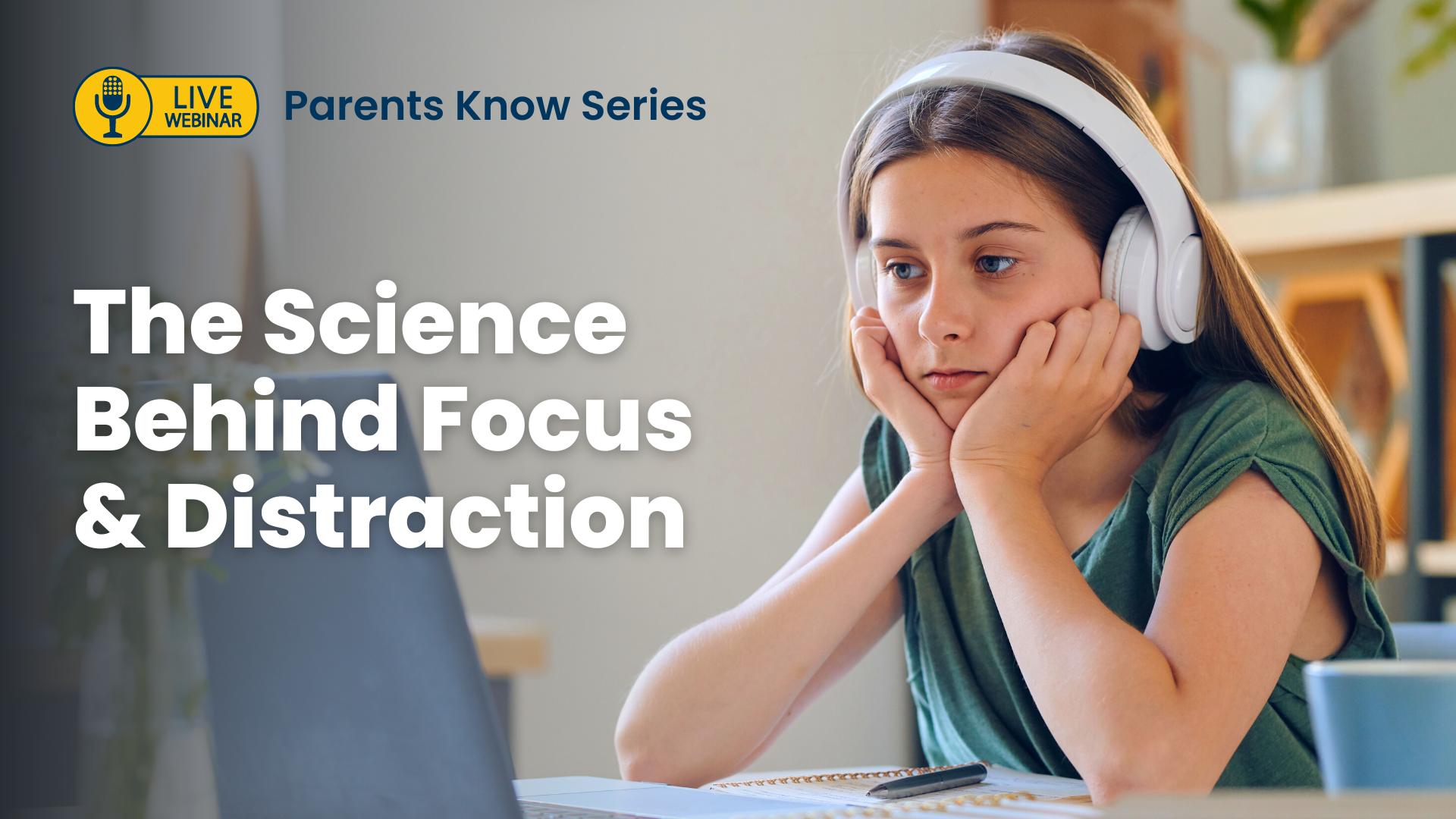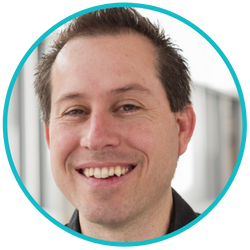
The Science Behind Attention & Distraction
Why is it that our kids can play video games or scroll on social media for what seems like forever but when it comes down to homework, they struggle to sit down and get it done? How is it that they can display such intense focus in one area of life and struggle with it in others? Challenges with focus and attention are the most common barriers our families face. Lack of focus and being easily distracted can have an impact on all areas of life, but knowing what to do about it is not as straightforward as it seems.
Brain Balance VP of Programs and Outcomes, Dr. Rebecca Jackson sits down with UCSF scientist and researcher, Dr. Joaquin Anguera, to talk about what the latest science reveals about focus and distraction. Dr. Anguera will share three key things parents need to understand and provide insight into what can be done to improve these areas.
View the Recording Here
What You'll Learn
- 1Understand the difference between attention and distraction
- 2How to identify when your child is struggling with attention versus distraction
- 3What to do in the moment to help your child improve in these areas.
- 4How we can help change the brain long term to better support focus and distraction

Dr. Rebecca Jackson
VP Program & Outcomes, Brain Balance

Dr. Joaquin Anguera, PhD
Associate Professor, Neurology, UCSF Weill Institute for Neurosciences | Director of Clinical Program, Neuroscape Center Lab | Director of the Digital Health Core in the Department of Psychiatry, UCSF